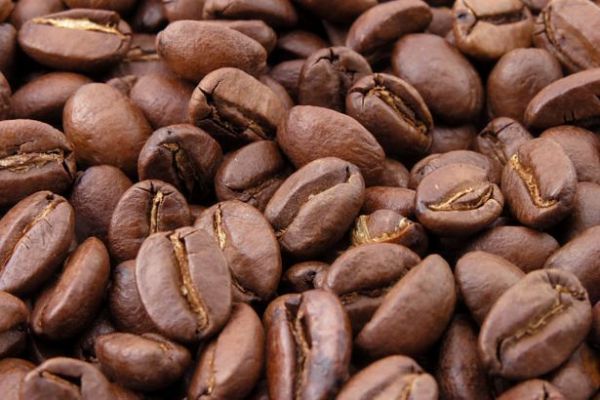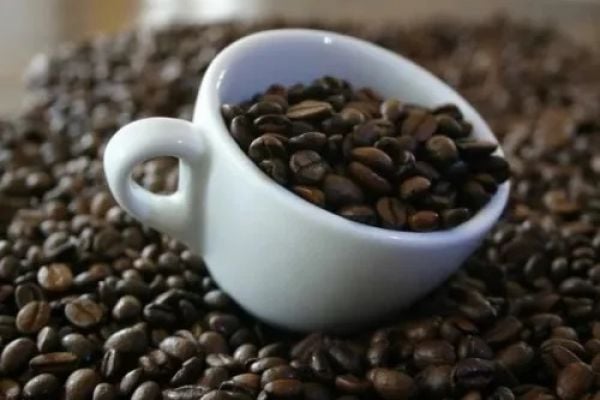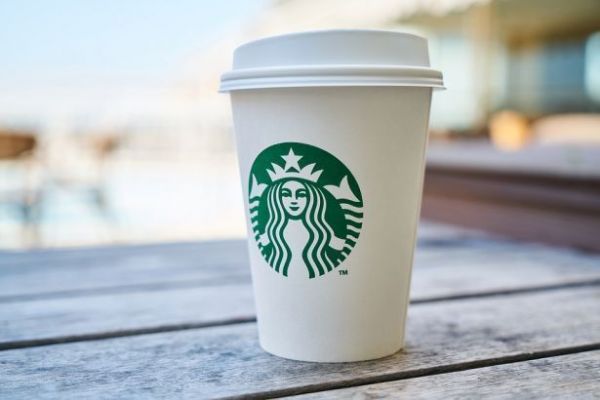Arabica coffee prices on ICE hit their highest in more than 10 years on Wednesday 9 February, boosted by supply concerns, with exchange-certified stocks languishing at their lowest level in more than 20 years.
Coffee
* May arabica coffee settled up 9.05 cents, or 3.6%, at $2.5845 per lb, having hit its highest since September 2011 at $2.5965.
* Dealers said that they were continuing to monitor the drawdown in exchange stocks. They added that there was very little trade happening in top producer Brazil, with arabica roasters buying hand to mouth amid soaring prices.
* Certified ICE arabica stocks <KC-TOT-TOT> fell to 20-year lows of 1.06 million bags on Tuesday 8 February, down sharply from 1.54 million bags seen at the end of 2021.
* Marcos Matos, general director of Brazil's coffee exporters association Cecafe, said that the weather woes in Brazil last year and global logistic issues have impacted coffee traders' capacity to replenish stocks at consuming countries, leading to higher prices.
* May robusta coffee rose $25, or 1.1%, to $2,259 a tonne, drawing support from the rally in arabica.
* Traders are planning to deliver thousands of tonnes of robusta coffee from Asia to the ICE exchange in Europe - a move likely to take the heat out of robusta prices.
Sugar
* March raw sugar rose 0.4 cent, or 2.2%, to 18.48 cents per lb amid upbeat sentiment in wider financial and commodities markets .
* "The softs seem to have woken up...could be inflation investors showing interest and finally the buying interest we have been seeing in energy and grains is spilling over," a sugar broker said.
* Egypt aims to increase its sugar production by about 500,000 tonnes annually, its cabinet said in a statement on Wednesday 9 February.
* France's Tereos, the world's second-largest sugar maker, expects sugar prices to remain high as it sees the world market remaining in deficit for a third year in a row while Europe faces supply tensions.
* March white sugar, which expires on Friday 11 February, rose $3.60, or 0.7%, to $503.20 a tonne.
Cocoa
* May New York cocoa rose $76, or 2.8%, to $2,801 a tonne - its highest since last October.
* May London cocoa settled up £41, or 2.3%, to £1,848 per tonne - also its highest since last October.
Traders Ship Asian Coffee To ICE Exchange As Shipping Logjam Eases
The above news follows news that traders are planning to deliver thousands of tonnes of robusta coffee from Asia to the ICE futures exchange in Europe for the first time in more than three years - a move likely to take the heat out of benchmark coffee prices that are near 10-year peaks.
The coffee was bought after local prices in the Asian region slumped and global shipping logjams eased.
ICE, which runs futures and equities exchanges worldwide, functions in part as a market of last resort for excess coffee, so any sign the relentless drawdown in its stockpiles is ending could lessen investor worries over supplies, prompting them to sell.
Traders shipped at least 18,000 tonnes of robusta coffee - equal to more than a fifth of current ICE exchange stocks - from Vietnam and Indonesia in January, much of it destined for exchange-approved warehouses in Antwerp, Amsterdam and London, five sources at top global trade houses told Reuters.
Vietnam is the world's top producer of robusta coffee but exchange stocks are currently dominated by supplies from number two robusta producer Brazil.
Indonesia is the third largest robusta producer.
Trade houses including Ecom, Sucafina and Louis Dreyfus are shipping the beans at relatively low freight rates because they are using carriers known as breakbulk to export the coffee, the trade sources said, something that has not been seen for 25 years.
Sucafina confirmed it was shipping robusta from Vietnam in breakbulk vessels. Louis Dreyfus declined to comment. Ecom was not immediately available to comment.
The trade houses bought the coffee after Vietnamese and Indonesian dealers - desperate to shift stock built up over two years of shipping logjams - offered beans at record high discounts to the benchmark ICE robusta futures price, the sources said.
Coffee is normally shipped on container vessels but rates have soared due to a shortage of available capacity brought on by restrictions to combat the coronavirus pandemic.
The restrictions disrupted labour supply and caused a surge in demand for retail goods from consumers stuck at home.
Traders said it has become cheaper to pile up bags of coffee in breakbulk vessels, which are commonly used for goods that cannot fit into standard-size containers.
The vessels haven't been used to ship coffee for years because they require traders to ship very large cargoes and because of risks that bean quality could suffer if it rains while bags are loaded and unloaded at port.
Game Changer
"Breakbulk is potentially a game changer. We're only tight because the coffee is in the wrong place," said a Swiss-based coffee trader at a global trade house.
Breakbulk shipping rates fell earlier this year to as low as half that of container rates on the south-east Asia to Europe route, he said.
That, coupled with the record high discounts prompted traders to snap up the coffee because they knew they would at least break-even if they delivered it to the exchange, and hit a profit if they sold it to roasters.
Delivering robusta from Vietnam and Indonesia to the exchange has not been a break-even trade for years.
ICE stocks data shows no significant deliveries of robusta from Vietnam since late 2018, and none from Indonesia in more than four years.
Later this month however, commodity trader Ecom plans to deliver 5,000 tonnes of Indonesian origin robusta to the exchange, according to a source with knowledge of the matter who was not authorised to speak to Reuters.
That delivery is the minimum that will land at the exchange from Indonesia and Vietnam over the next month, traders said, with the true figure likely double that and expected to pick up going forward.
At least three more breakbulk vessels are due to leave Vietnam later this month with robusta coffee that was bought at a discount to ICE futures, according to a senior, Swiss-based trader at a global trade house.
"We see robusta prices averaging $1,950 a tonne in the second quarter (versus around $2,240 at present) assisted by large crops in Vietnam and Brazil and the facility to ship in bulk from a few routes," said Rabobank analyst Carlos Mera.
Cocoa Processors In Brazil See 5% Grind Jump As Country Reopens
The above news also follows news that cocoa processing in Brazil, the world's fifth largest chocolate consumer, has recovered from the COVID-19 pandemic and the industry projects a grinding increase of up to 5% in 2022 as the country, one of the worst hit by the COVID-19, reopens.
According to data from cocoa processors association AIPC, based on data from member companies including Cargill, Olam and Barry Callebaut, total grinding in 2021 reached 224,168 tonnes, 4.4% more than 2020, when demand was hit by lockdowns to control the spread of the coronavirus.
The 2021 number was also 2% higher than the volume processed in 2019, before the pandemic, which shows that the industry has overcame the worst.
Brazil, which had the second largest numbers of deaths by coronavirus behind the United States, however, reported on Thursday 298,408 new cases of the coronavirus in the past 24 hours, breaking the country's previous record for daily infections, and 1,041 COVID-19 deaths.
Anna Paula Losi, AIPC's executive director, said that the industry expects a growth of 4% to 5% in cocoa processing as the economy improves.
Despite a small payment from the government to people who became unemployed during the pandemic, Brazil did not have the large economic stimulus seen in richer economies, Losi says, so the reopening of restaurants, schools and offices have the potential to increase income as more people recover jobs.
"As the economy improves, chocolate consumption tends to increase," she said.
Cargill, Olam and Barry Callebaut are the main processors in the country with capacity to grind 275,000 tonnes per year.
The companies buy nearly all the local production and import a smaller share from African countries, mostly. Processors received 197,654 tonnes of cocoa from Brazilian farmers in 2021, AIPC said, 13% more than in 2020. Imports reached nearly 60,000 tonnes last year, 6% more than in 2020.
Losi said there is room for higher production in Brazil as cocoa plantations are seen as one way to restore forests in degraded land.
News by Reuters, edited by Hospitality Ireland. Click subscribe to sign up for the Hospitality Ireland print edition.









